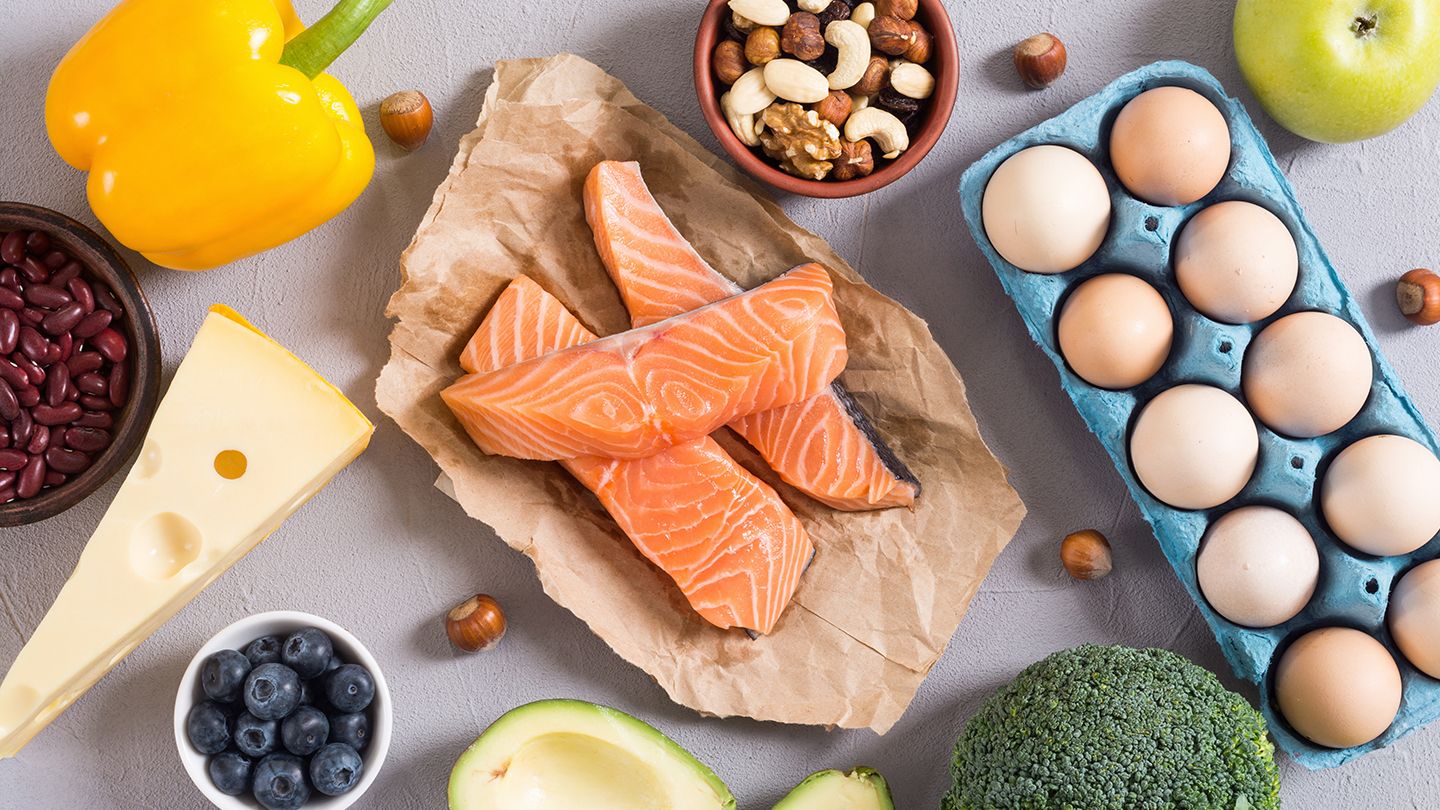- Empty cart.
- Continue Shopping
How to Maintain Healthy Vitamin B12 Levels

Vitamin B12, also known as cobalamin, is a crucial nutrient that plays a significant role in various bodily functions, including the formation of red blood cells, neurological function, and DNA synthesis. Maintaining healthy vitamin B12 levels is essential for overall well-being. However, since the body doesn’t produce vitamin B12 naturally, it’s vital to obtain it through diet or supplements.
1. Consume B12-Rich Foods:
To maintain healthy vitamin B12 levels, include the following foods in your diet:
- Animal Products: B12 is primarily found in animal-based foods like lean meats, fish, poultry, and dairy products. Incorporate these into your diet regularly.
- Fish: Fatty fish like salmon, trout, and sardines are excellent sources of B12.
- Eggs: Eggs, especially the yolks, contain B12.
- Dairy: Milk, yogurt, and cheese are rich in vitamin B12.
- Fortified Foods: Some plant-based foods, such as fortified cereals, plant-based milk (e.g., almond milk, soy milk), and meat substitutes, are enriched with B12.
2. Choose High-Quality Sources:
Opt for lean cuts of meat, poultry, and fish. Select dairy products that are low in fat and sugar to promote overall health.
3. Consider Dietary Restrictions:
If you follow a vegetarian or vegan diet, it can be challenging to get enough B12 from natural sources. In such cases, consider B12-fortified foods or supplements to meet your B12 needs.
4. B12 Supplements:
Supplements are a reliable way to ensure you’re getting enough vitamin B12. There are various B12 supplements available, including cyanocobalamin and methylcobalamin. Consult a healthcare professional to determine the most suitable supplement for your specific needs.
5. Regularly Check B12 Levels:
If you have dietary restrictions or suspect a deficiency, consider getting your B12 levels checked regularly through blood tests. Monitoring your levels can help you adjust your diet or supplement intake as needed.
6. Injections for Severe Deficiencies:
In cases of severe B12 deficiency, where the body struggles to absorb the vitamin from food or oral supplements, healthcare providers may recommend B12 injections. These injections deliver a concentrated dose directly into the bloodstream.
7. Pay Attention to Absorption Factors:
Certain factors can affect B12 absorption:
- Aging: As you age, your ability to absorb B12 from food may decline. Consider supplements or fortified foods, especially if you’re over 50.
- Gastrointestinal Conditions: Conditions like celiac disease, Crohn’s disease, and pernicious anemia can affect B12 absorption. Seek medical guidance if you have such conditions.
- Medications: Certain medications, such as proton pump inhibitors and metformin, can interfere with B12 absorption. Discuss potential B12 supplementation with your healthcare provider if you’re taking these medications.
8. Balanced Diet:
Maintaining a balanced diet that includes a variety of foods rich in essential nutrients can support overall health, including vitamin B12 status.
9. Cooking Methods:
Cooking can affect B12 content in food. Steaming, microwaving, and minimal water use during cooking can help retain more B12 in food.
10. Stay Informed:
Stay informed about your dietary choices and their impact on your B12 levels. Regularly consult with healthcare providers or nutritionists for guidance on maintaining healthy B12 levels.
In Conclusion, Maintaining healthy vitamin B12 levels is essential for overall health and well-being. Whether through diet, fortified foods, or supplements, ensuring an adequate intake of vitamin B12 can prevent deficiencies and support the body’s vital functions. If you have specific dietary restrictions or health conditions, consult with healthcare professionals to tailor a B12 plan that suits your needs.








